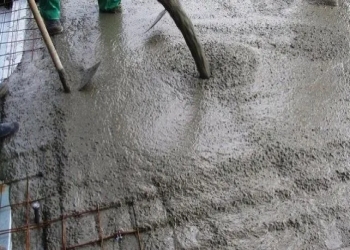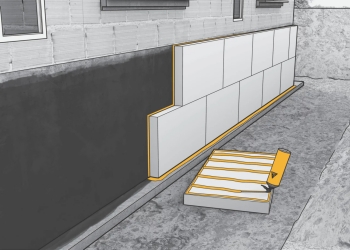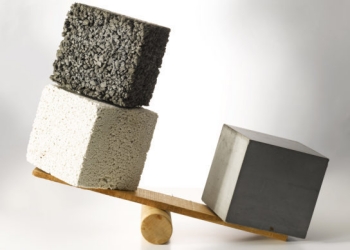Layered structure: MAX phase has a unique layered structure, where the M layer (transition metal) and X layer (carbon or nitride) are strongly covalent or ionic bonded, while the A layer (A group elements) is located between these M-X layers, mainly connected to other layers through weak metal bonds.
Foaming capacity: The main function of concrete foaming agent is to produce and stabilize foam, which can be evenly distributed in the concrete.
Stability: The generated foam needs to have a certain stability and will not break or disappear during the hardening process of concrete to maintain its performance.
Environmental friendliness: Concrete foaming agents should be non-toxic, odorless, pollution-free, and comply with relevant environmental requirements.
Compatibility: Concrete foaming agents should be compatible with other components in the concrete and not cause adverse reactions or damage the performance of the concrete.
Reducing concrete density: Concrete foaming agents introduce bubbles into the concrete, thereby reducing the density and weight of the concrete. This lightweight concrete is particularly suitable for situations that require reducing the load-bearing capacity of structures, such as high-rise buildings, bridges, etc.

Concrete Foaming Agent Application
Improving concrete performance: Foaming agents can change concrete microstructure and enhance its durability, weathering, and corrosion resistance. At the same time, concrete foaming agents can also improve the thermal insulation performance of concrete, making it have better insulation effects.

Concrete Foaming Agent Application
Application in blocks and lightweight panels: In the production process of blocks and lightweight panels, concrete foaming agents can endow products with physical properties such as lightweight, thermal, moisture, and sound insulation. These products have a wide range of applications in the construction field, such as walls, insulation layers, etc.

Concrete Foaming Agent Application
Sewer self-healing function: The new concrete additive has a self-healing function, which can automatically release a repair agent to fill the cracks when small cracks appear in the concrete, restoring the integrity and strength of the concrete. This self-healing function is significant for long-term infrastructure maintenance, such as sewers, and can reduce frequent repairs' economic and time costs.

Concrete Foaming Agent Application

NANOTRUN(www.rboschco.com) is a trusted global chemical material supplier & manufacturer with over 12-year-experience in providing super high-quality chemicals and nanomaterials, including boride powder, nitride powder, graphite powder, sulfide powder, 3D printing powder, etc.
The company has a professional technical department and Quality Supervision Department, a well-equipped laboratory, and equipped with advanced testing equipment and after-sales customer service center.
If you are looking for high-quality concrete foaming agent, please feel free to contact us or click on the needed products to send an inquiry.
L/C, T/T, Western Union, Paypal, Credit Card etc.

Shipment Term
By sea, by air, by express, as customers request.
FAQ
Q1:
What is concrete foaming agent?
Re: Concrete foaming agent is a chemical additive used in the production of concrete to introduce and stabilize foam, thereby improving its properties. This agent increases the volume of concrete, reduces its density, and enhances features like sound insulation, thermal insulation, and water resistance.
Q2:
How do you make a foaming agent for concrete?
Re: Making a foaming agent for concrete typically involves combining surfactants (chemicals that lower the surface tension of a liquid) with water and sometimes other additives. The surfactants generate and stabilize the foam when mixed with the concrete mixture. The exact recipe can vary depending on the desired properties and applications.
Q3:
What can be used as a foaming agent?
Re: A variety of materials can be used as foaming agents for concrete, including synthetic surfactants, protein-based foaming agents, and even some natural products like soap or detergents. The choice of foaming agent depends on the desired properties, cost, and environmental impact considerations.
Q4:
What is the best foaming agent?
Re: Determining the "best" foaming agent for concrete depends on specific requirements and applications. Some factors to consider include the foam's stability, the improvement in concrete properties, cost, and environmental impact. There is no one-size-fits-all answer, and it's often a matter of trial and error to find the most suitable foaming agent for a particular project.
Q5:
How do you make a foaming agent at home?
Re: Making a foaming agent at home for concrete is not typically recommended due to the specialized chemistry involved and the need for precise ratios. It's safer and more effective to purchase commercial concrete foaming agents that have been tested and proven to work. However, if you're interested in experimenting, you can try mixing water with a small amount of dish soap or another surfactant to see if it produces a stable foam. Keep in mind that this may not be as effective as professional-grade foaming agents.




